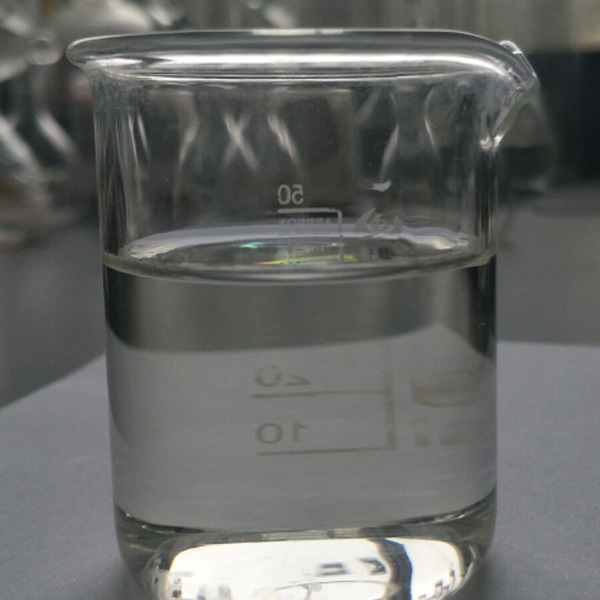
News
12월 . 25, 2024 19:26 Back to list
Exploring the Benefits of Cosmetic Chelators for Enhanced Skin Care Products
Understanding Cosmetic Chelators The Key to Enhanced Skincare Formulations
In the ever-evolving world of cosmetics, the quest for effective and safe formulations has led to the exploration of numerous ingredients. Among them, chelators are gaining increasing attention for their unique properties and benefits in cosmetics. This article delves into what cosmetic chelators are, their significance in skincare, and how they contribute to improving product efficacy and safety.
What are Chelators?
Chelators are molecules that can form complex structures with metal ions, effectively binding them and preventing their reactivity. In the cosmetic industry, these metal ions often include calcium, magnesium, iron, and copper, which can adversely affect product stability, color, and overall performance. By chelation, these substances help to neutralize the negative impact of these metal ions, ensuring that cosmetic products remain effective and visually appealing over time.
The Importance of Chelators in Cosmetics
1. Stabilization of Formulations One of the primary roles of chelators in cosmetic formulations is to stabilize the products. Formulations containing active ingredients can be sensitive to metal ions, which may lead to the degradation of these actives. Chelators help in maintaining the integrity of these ingredients, thus enhancing the overall shelf life of the products.
2. Enhancing Efficacy of Active Ingredients Many active ingredients, such as vitamins or botanical extracts, are susceptible to degradation when exposed to metals. Chelators protect these actives from oxidation and other unwanted reactions, ensuring that these beneficial compounds remain potent during the shelf life of the product.
3. Improving Product Safety Certain metal ions can lead to skin irritation or allergic reactions in some individuals. By binding these ions, chelators help to mitigate potential adverse reactions, making cosmetic products safer for consumers.
4. Synergistic Effects In some cases, chelators can enhance the penetration of certain active ingredients into the skin. By binding to metal ions, chelators may facilitate a more effective delivery of these ingredients, contributing to improved skincare outcomes.
Common Chelators Used in Cosmetic Formulations
cosmetic chelator

Several chelating agents are frequently used in cosmetic formulations. Here are a few of the most common
- EDTA (Ethylenediaminetetraacetic Acid) One of the most widely used chelators, EDTA effectively binds a wide range of metal ions. It is known for its ability to prevent discoloration and maintain product stability.
- Citric Acid Aside from being a natural preservative and pH regulator, citric acid also acts as a chelator. Its mild nature makes it suitable for a variety of skin types, which is why it is commonly found in skincare products.
- Phytic Acid Derived from rice, corn, and other plant sources, phytic acid is not only a chelator but also an antioxidant. It helps to stabilize formulations and is often featured in natural and organic products.
- Sodium Phytate This ingredient acts similarly to phytic acid and is effective in chelating metal ions. Its use is particularly popular in eco-friendly formulations.
The Future of Cosmetic Chelators
As consumers become more aware of the importance of formulation safety and stability, the demand for effective chelators in cosmetics will likely continue to rise. Companies are increasingly focusing on developing innovative chelating agents that are not only effective but also derived from natural or sustainable sources.
Additionally, the rise of custom skincare formulations and personalized beauty products could create more opportunities for the incorporation of specialized chelators tailored to specific skin concerns. As research progresses, the role of chelators in enhancing the performance of cosmetic products will remain a vital area of study.
Conclusion
In summary, cosmetic chelators are essential components in modern skincare formulations that contribute significantly to product stability, efficacy, and safety. By binding metal ions and preventing their negative effects, chelators enhance the longevity and performance of cosmetic products. With a growing interest in innovative and effective skincare ingredients, the future of chelators in cosmetics appears bright, ensuring that consumers enjoy the benefits of safer and more effective formulations for years to come.
-
OEM Chelating Agent Preservative Supplier & Manufacturer High-Quality Customized Solutions
NewsJul.08,2025
-
OEM Potassium Chelating Agent Manufacturer - Custom Potassium Oxalate & Citrate Solutions
NewsJul.08,2025
-
OEM Pentasodium DTPA Chelating Agent Supplier & Manufacturer High Purity & Cost-Effective Solutions
NewsJul.08,2025
-
High-Efficiency Chelated Trace Elements Fertilizer Bulk Supplier & Manufacturer Quotes
NewsJul.07,2025
-
High Quality K Formation for a Chelating Agent – Reliable Manufacturer & Supplier
NewsJul.07,2025
-
Best Chelated Iron Supplement for Plants Reliable Chelated Iron Fertilizer Supplier & Price
NewsJul.06,2025
